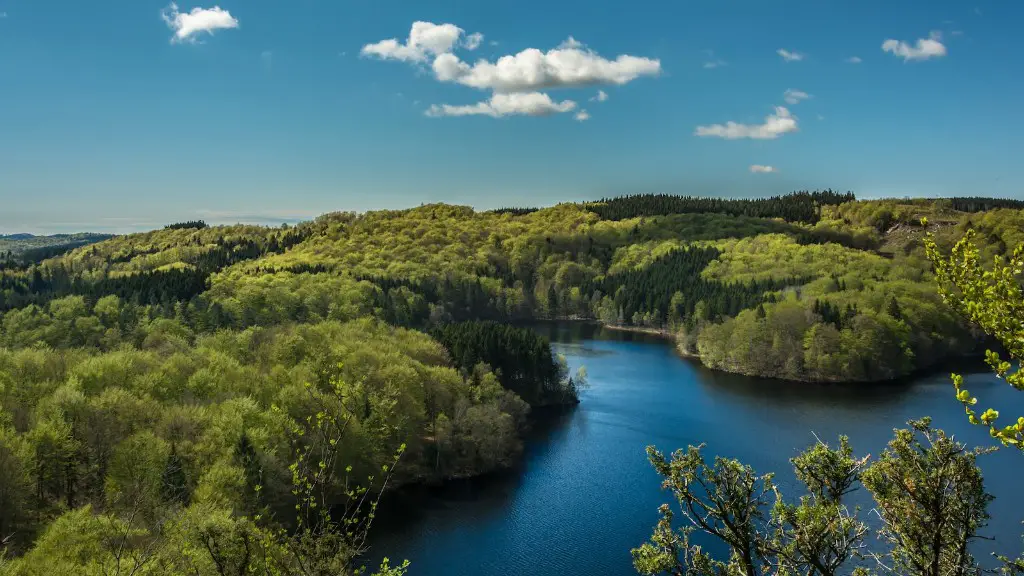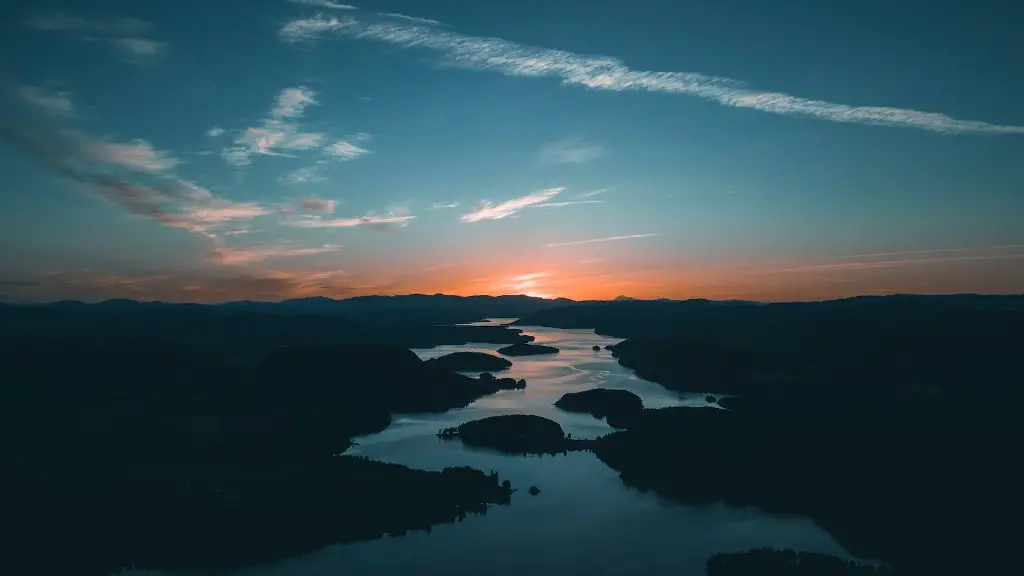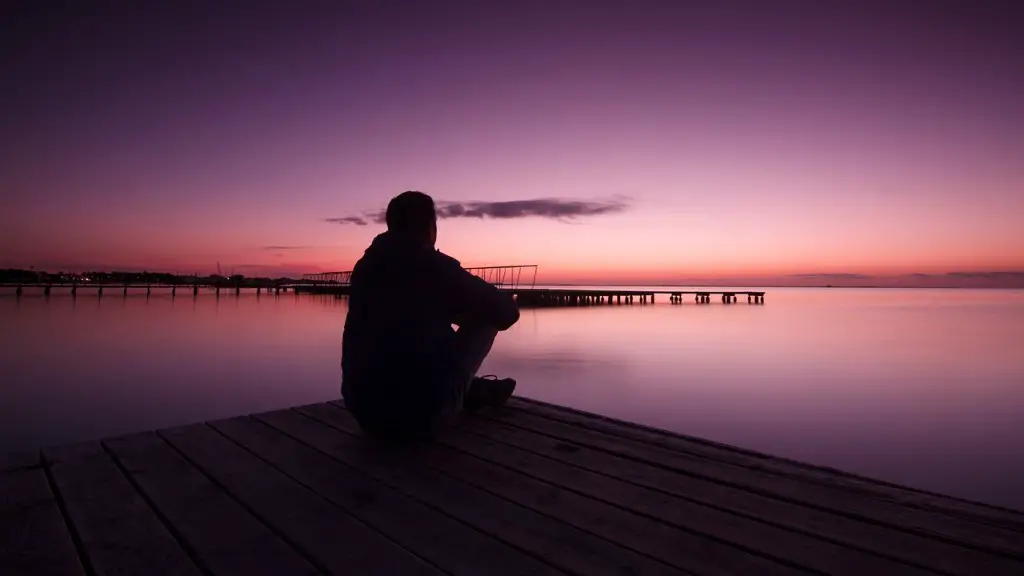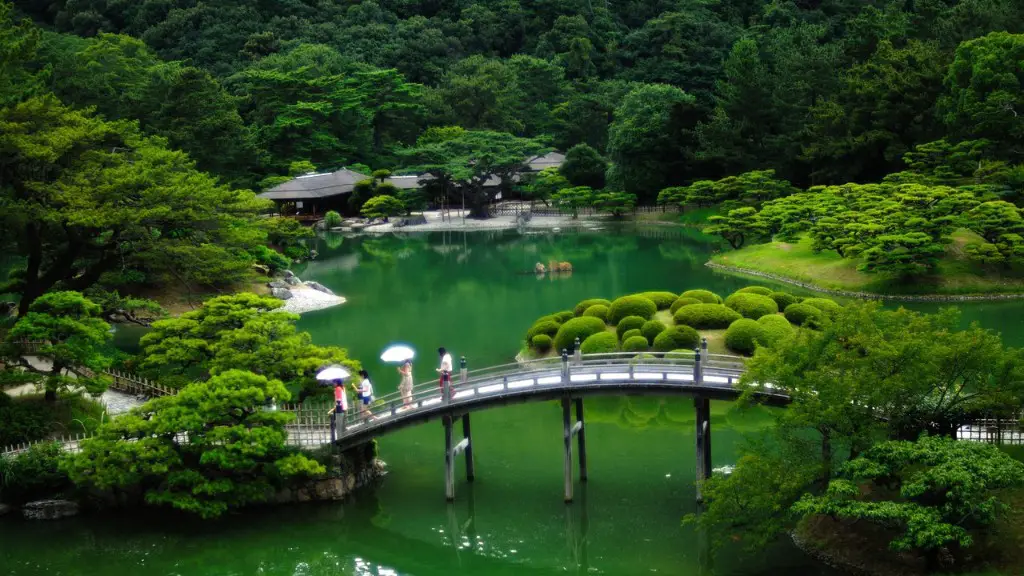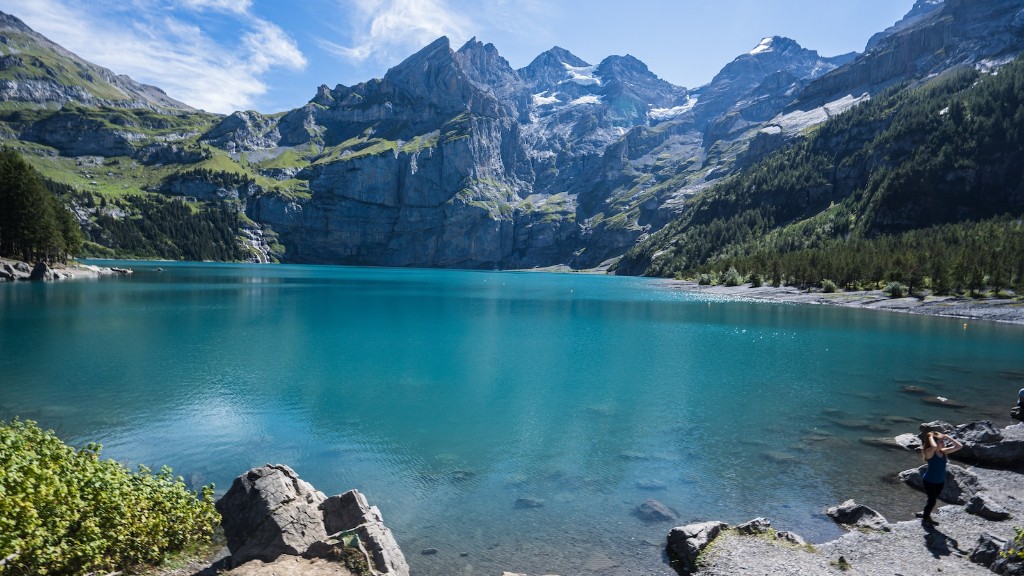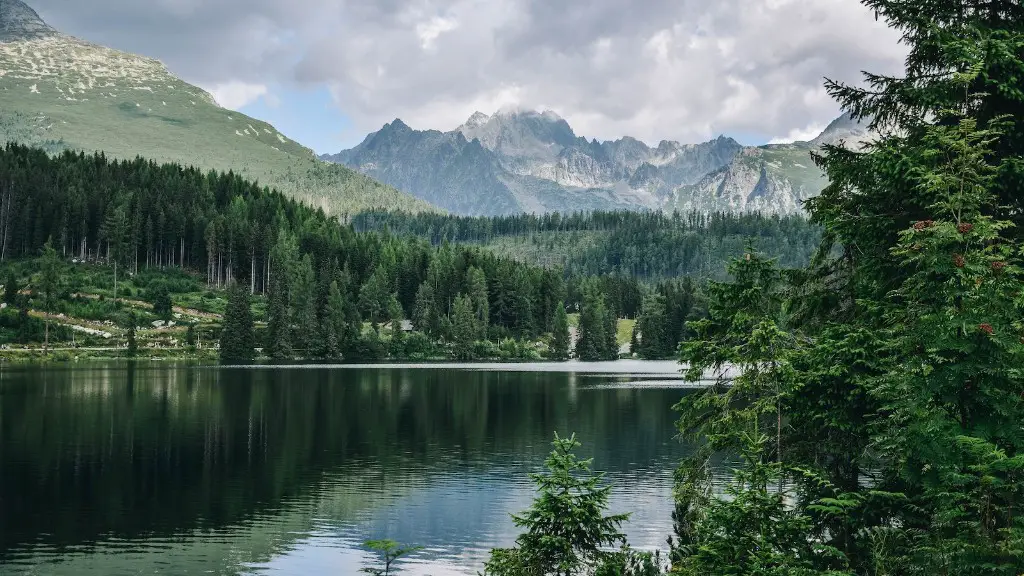If you’re looking for a breathtaking camping experience, look no further than Crater Lake! Nestled in the Cascade Mountains of Oregon, Crater Lake is the deepest lake in the United States and one of the most beautiful geological features in the world. Camping at Crater Lake is an unforgettable experience, and there are several great campsites to choose from in the area.
There are many beautiful camping spots near Crater Lake National Park. In the park itself, there are several campgrounds including Mazama Village Campground, Lost Creek Campground, and group campsites. Some popular camping spots outside of the park include Diamond Lake Campground and Union Creek Campground.
Can you camp around Crater Lake?
Backcountry camping in the park is a great way to experience the wilderness and get away from the crowds. There are five designated backcountry campsites—Bybee Creek, Dutton Creek, Grouse Hill, Lightning Springs, and Red Cone Springs—where you can camp with a permit. Dispersed camping is also allowed with a permit. In winter, you can camp along the rim with a permit.
Thousand Springs is a great place to enjoy winter recreation. The Sno-Park is a great place to park your vehicle and camp for free. The campsite is also great for winter camping.
Are there first come first serve campgrounds near Crater Lake
If you’re looking to camp at Crater Lake, there are several options available on a first-come, first-serve basis. Both Mazama Campground and Lost Creek Campground offer sites on a first-come, first-serve basis, with Mazama Campground offering 25% of its sites on a first-come, first-serve basis for the month of June.
As of July 2021, the camping fees at Crater Lake’s Mazama Campground are as follows: $5 per night for walk-in sites, $21 per night for tent sites, $31 per night for RV sites without hookups, $36 per night for RV sites with electricity, and $42 per night for RV sites with full hookups.
Where do people stay when they go to Crater Lake?
If you’re hoping to stay in one of the in-park accommodations at Crater Lake National Park, you’ll need to plan ahead! The Lodge, The Cabins, and Mazama Campground are often fully booked months in advance, so be sure to reserve your spot well in advance.
If you’re planning on overnight camping in the park during the winter months, you’ll need to leave your vehicle at Park Headquarters. In the summer, you can leave your vehicle at designated trailhead parking areas or nearby pullouts. Remember to display a valid park entrance pass and backcountry camping parking permit on your dashboard.
How do I reserve a campsite at Crater Lake?
If you’re looking to stay at Mazama Campground, the best way to do so is to call Crater Lake Hospitality at 866-292-6720. The campground is located near Highway 62, and it’s easy to find if you’re coming from either the West or South Entrances.
A backcountry camping permit is required year-round for all overnight trips in Rocky Mountain National Park. Permits are not required for day hiking; however, day hikers must observe all backcountry regulations. Permits are issued free of charge.
Do I need a reservation for Crater Lake
You don’t need a reservation to enter the park! Just come on in and enjoy the sights and sounds of nature.
Reservations for camping can be made up to 365 days in advance either online or by calling the CLH toll-free reservation line, 866-292-6720. This allows campers to plan their trips well in advance and ensure they get the campsite they want.
Can you swim in Crater Lake?
The deep blue color of Crater Lake is due to its depth and the way light reflects off the water. The lake is very deep, so the blue color is very vibrant. Visitors can swim in designated areas, but the water is usually very cold.
The park is located about a 3-hour drive southeast of Eugene. You can take Interstate 5 South to Highway 58 to Highway 97 South to Highway 138 West to reach the north entrance of the park. If that entrance is closed, you can drive to either the west or south entrance.
What is the best time of year to visit Crater Lake
Crater Lake is a beautiful place to visit in the summer months. July, August, and September are the most popular times to go, as the weather is usually the best and the facilities are all open. May and June can also be nice, as the transition from winter to summer is occurring and the landscape is changing.
In Crater Lake National Park, black bears have been common since the park’s establishment in 1902. Although there are conflicting opinions concerning the early abundance of black bears in the region, black bears have been concentrated at garbage dumps within the park for the last 50 years.
How many days should you spend at Crater Lake?
Crater Lake is a beautiful and majestic place that is definitely worth spending at least a day and night. The views are incredible and there are plenty of things to do, like hiking, fishing, and swimming. The only downside is that it can be tough to get to, but once you’re there it’s totally worth it!
If you’re looking to stay near Crater Lake National Park, your best bet is to stay in the city of Bend. There are plenty of hotels and motels there, and the historic Crater Lake Lodge is the only Oregon hotel located within the national park. However, keep in mind that the lodge fills up quickly, so you may want to make your reservations in advance.
Final Words
There are a few ways to camp at Crater Lake. One is to camp at the Mazama Village Campground. This is the only campground that is actually inside the park. It is open from mid-June to early October. Another option is to camp at the Lost Creek Campground. This campground is about 24 miles from the park. It is open from late June to early September. You can also dispersed camp in the national forest that surrounds the park.
Whether you want to explore the cliffs and forests or simply relax by the water, Crater Lake is the perfect spot for a camping trip. There are many different camping sites to choose from in the park, as well as nearby. Be sure to follow the rules and regulations for camping in the area, and come prepared for a fun and safe trip.
